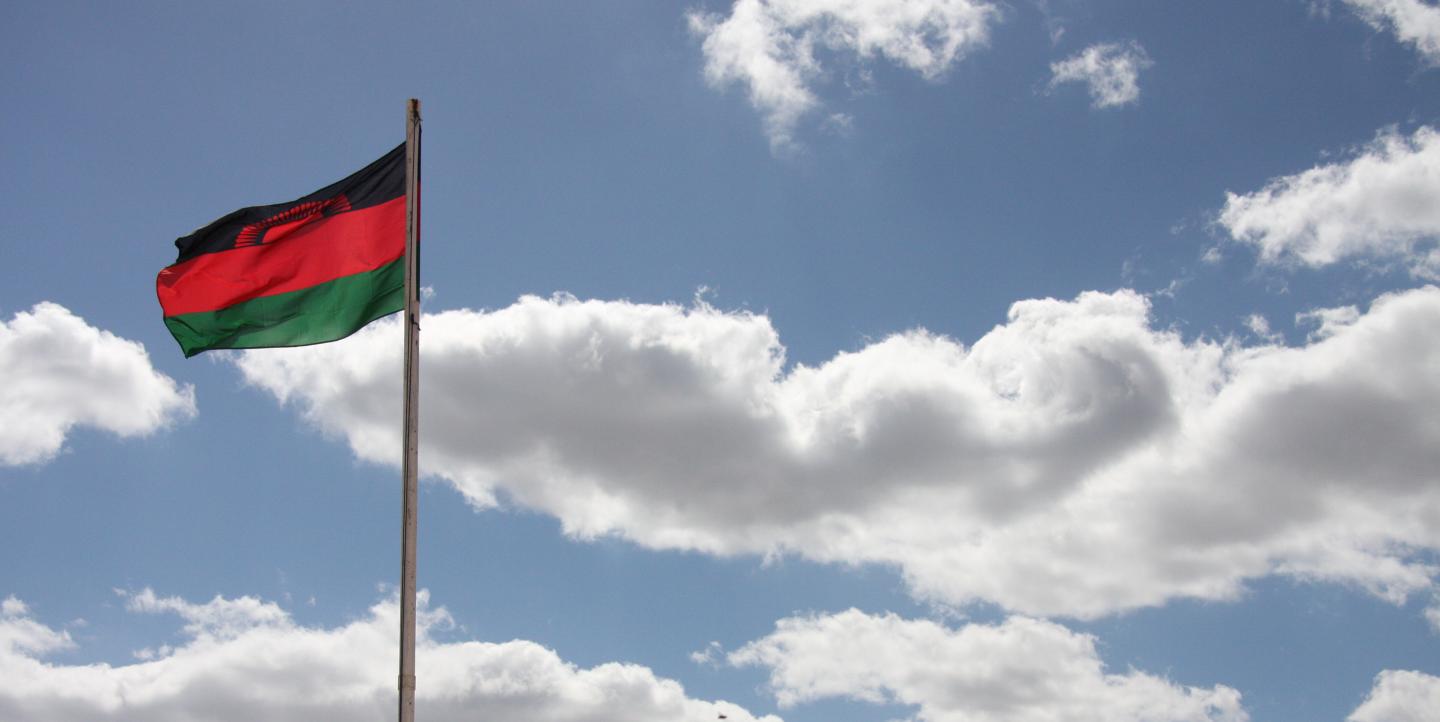Earlier this year, Malawi’s Communications Regulatory Authority (MACRA) gave dozens of broadcasters and courier companies notice to pay annual license fees. When they didn't do so, outlets such as Rainbow Television, Angalimba Television, Ufulu Television, Angaliba FM, Capital Radio, Sapitwa FM, Joy Radio, Ufulu FM and Galaxy FM all had their licenses revoked.
By the end of the year, up to 30 broadcasting outlets are expected to close as a result of the decision. Nearly 250 employees from three TV outlets and six radio stations have already lost their jobs.
In an attempt to convince the Malawi government’s communication regulatory body to reconsider closing these outlets, the Media Institute of Southern Africa (MISA) Malawi chapter approached the Parliamentary Committee on Media to highlight their case, arguing that the economic crisis the country is experiencing, a result of the COVID-19 pandemic, has not spared the media sector.
The advocacy organization said that the annual fees, costing the equivalent of US$5,000, were exorbitant — 10 times more expensive than costs for the high-end hotels and admission to private hospitals. “The revocation of licenses is too drastic and can be construed as a systematic violation of freedom of expression in the country,” MISA argued.
The decision to close media houses is already having adverse effects on Malawian journalists, with the potential for further disruption of the country’s young media ecosystem in the months to come.
Consequences for Malawian journalists
Journalists in Malawi have questioned the fairness of the decisions to close media houses for not complying, and what it means for press freedom in the country.
Aubrey Kusakala, the former station manager of the now closed Rainbow Television, said that although the outlet managed to pay its fees a few days after the notice's due date, attempts to negotiate with the regulatory body to avoid closure proved futile. Rainbow Television’s failure to pay the fee in time was partly due to advertisers' failure to make their payments to the station, according to Kusakala. This included government departments that owed for advertisements on COVID-19 health measures.
As Rainbow Television has in the past reported critically on the government, including covering allegations of corruption, Kusakala has not ruled out political motivations for the decision to shut the station down. He added that the regulator advised them to ask for an extension if they thought they would not be able to pay by the deadline. Instead of a reprieve, they received a letter that revoked their broadcasting license.
“It seems like selective justice. Looking at the whole issue, we can’t make a fresh license application because we can’t fight the government," said Kusakala. "We resorted to getting rid of employees because even if we make a fresh application, we don’t think that we can be given a license. We think it is all political."
Jimmy Kainja, a media scholar and lecturer at the University of Malawi, said that while the regulatory body appears to be simply enforcing the law as written, he questions why it has taken so long to decide to close the stations.
“MACRA should take the blame, but we also have to look at the broadcasters themselves, as they have an obligation to pay the licenses based on the conditions attached to them,” he said. For Kainja, the situation is a reflection of the sustainability of journalism in the country. “We also need to look at what kind of business model is there for broadcasters to survive in the sector.”
MACRA has denied any political interference in its decision. In a statement released in early September, the regulatory body said that it will consider a fresh license application from Capital FM Radio, one of the stations that had its license revoked. The radio station has since been granted a fresh license. MACRA further applauded the radio station's "professional approach" in "addressing its license obligations and imploring others to the same."
According to Kusakala, Rainbow Television was not afforded the same treatment, and their issue was never discussed at MACRA’s board meeting as had been promised.
In a letter predating the parliamentary meeting addressed to Malawian President Lazarus Chakwera, MISA advised that closing broadcasters would risk denting the progress that Malawi has made in press freedom since reintroducing multiparty democracy in 1993.
“We do understand that license fees are part of the regulations, but instead of shutting down the stations, there is a need to engage the broadcasters and come up with a win-win situation. The revocation of licenses is too drastic and has a chilling effect on freedom of expression,” said Golden Maunganidze, MISA’s chairperson.
Press freedom in Malawi
Another 500 media employees will lose their jobs at the end of this year if the Malawi Communication Regulatory Authority shuts down yet another three TV stations and 17 radio outlets that have delayed in paying fees. These shutdowns are occurring at a time when press freedom in Malawi – despite recent positive developments, such as the implementation of a new Access to Information Law – remains shaky.
While current president Chakwera won the 2020 election on promises to "clear the rubble of corruption," and respect for the rule of law, there has been increased scrutiny from the media and the public alike as reports of corruption by top government officials become rife. When critics, including clergy, journalists and civil society leaders have pointed out corruption, it has been met with hostility from the government.
Earlier this year, MISA Malawi released a statement condemning what it described as government’s increased animosity toward media critics. The statement detailed instances in which journalists have been harassed, including a Malawi Institute of Journalism reporter who was verbally attacked by a minister during a press conference.
“These and several other cases of media censorship, online and offline attacks on journalists and critical voices are suppressing media freedom, freedom of speech and other legitimate forms of dissent which is very sad for our democracy,” the organization said.
Photo by nchenga on Flickr, CC-BY-2.0.


